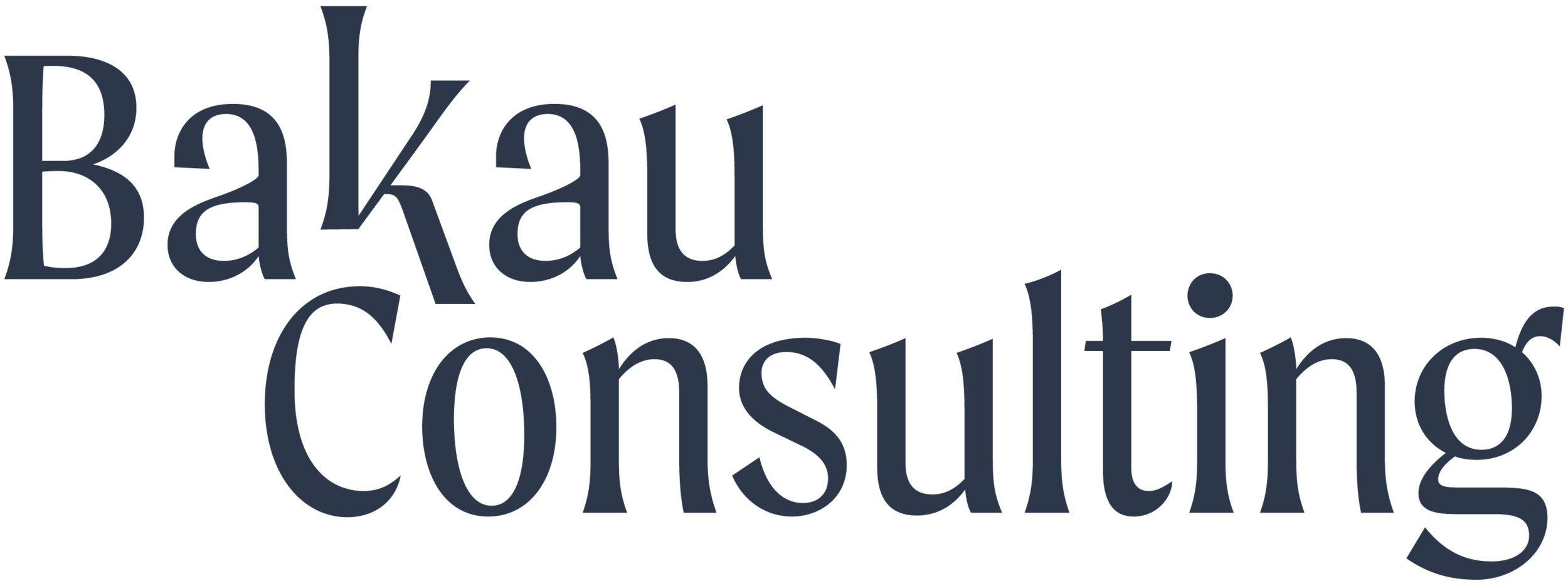Anger at Work: Processing Rage in Liberating Ways
by Ji-Youn Kim / 김지연
Guest Writer
Living in a white supremacist society involves continuously confronting our grief and rage, but this past year brought a type of persistence and intensity that felt like too much for many of us. The pandemic further exposed and exacerbated the many interlocking forms of structural violence, week after week. Many of us have been grieving, raging, and coping, trying to survive and fight these systems while being limited in the forms of community care and healing.
At the same time, capitalism demands us to go to work to pay the bills, as if everything is fine. And these oppressive patterns are replicated in many workplaces and institutions. So of course, our anger has and continues to come up in the workplace.
Why is anger so important to address?
Anger often has a pretty bad reputation, framed as inappropriate and/or violent, especially when expressed by marginalized peoples.
Imperial, patriarchal white supremacy uses suppression, policing, and criminalization to control the anger of the people that it oppresses (eg. female hysteria and mental institutions, criminalization of Black and Indigenous activists and communities, Asians and the model minority myth) while glorifying its own use of guns, militarism, and violence for this control. These same interlocking systems also cause intergenerational traumas and restrict opportunities for emotional and communal healing.
It makes sense that most of us were socialized to experience and/or perceive anger as violent and navigate life believing anger to be unhelpful, overwhelming, inappropriate, unprofessional, and scary. So then we may suppress and police our own anger, not knowing how to process it in empowering ways.
Alternatively, I invite you to try on a different way of looking at anger:
Anger as a liberatory experience.
Anger is a natural emotion that we are all born with, and it emerges when we interpret a situation consciously or unconsciously as unsafe and dangerous. It informs us when boundaries are crossed, when we’re in danger, and when injustice occurs.
Anger is a mobilizing emotion that propels us to DO something! I also believe that for those of us whose ancestors faced a lot of violence, anger shows up as ancestral wisdom. Being of Corean ancestry, I feel and experience Han (a Corean word to describe the mixed feelings and experiences of rage, resentment, deep sorrow, yearning, and resilience). It drives my resistance and refusal to be made small and dehumanized. It connects me to my ancestors and to the greater collective, towards collective liberation.
So when anger is suppressed or shut down, it can lead to disembodiment, disempowerment, burnout, and the ongoing cycle of (internalized) oppression. Depression has also been described as anger turned inward - the idea that suppressing anger, our mobilizing emotion, makes us numbed out from all emotions.
That leaves us with the question… how can we process and navigate anger in a way that feels liberatory and affirming? Especially in the workplace?
Anger Expression
Impulsive anger is non-consensual, can harm others and is reactive. This happens when we are not being heard, facing immediate threat or require urgency.
Mindful anger is consensual and structured, does not cause harm and is regulated. This happens when someone is willing to listen and we are building trust.
Anger expression does not exist within a binary. It overlaps and expands beyond. We can also choose what may be perceived as “impulsive” anger expression, especially in response to state-sanctioned violence.
Reflection Questions
What provoked your anger in the past year of the pandemic?
What did you find particularly challenging to process?
How do you feel about anger? What are some immediate beliefs you have about anger?
How can we express anger?
The goal is to take responsibility for our own emotional experience and process our rage in ways that are intentional & empowering so that we can become mobilized by our anger vs. overwhelmed by it. This means that we will probably lean towards an anger expression that is mindful, choiceful, and connecting. This is also ideal for maintaining relationships in the workplace and providing feedback for coworkers and managers.
Mindful, choiceful, connecting anger involves:
Consent and structure
Emotional regulation and choice
No harm to self or others
Want more? Read the full chapter and so much more in our e-book!
Ji-Youn Kim / 김지연 is a justice-oriented therapist, coach, facilitator, and educator in the pursuit of collective liberation. She was born in Corea and grew up on the stolen lands of the Musqueam, Tsleil-Waututh and Squamish Nations, colonially known as Vancouver, Canada, where she continues to reside. Through her online private practice and writing, she aims to disrupt the oppressive roots and practices of the counselling industry and make therapy a safe(r) space for marginalized peoples. Ji-Youn is also an advocate for liberating rage, especially for racialized women and gender non-conforming folks.



